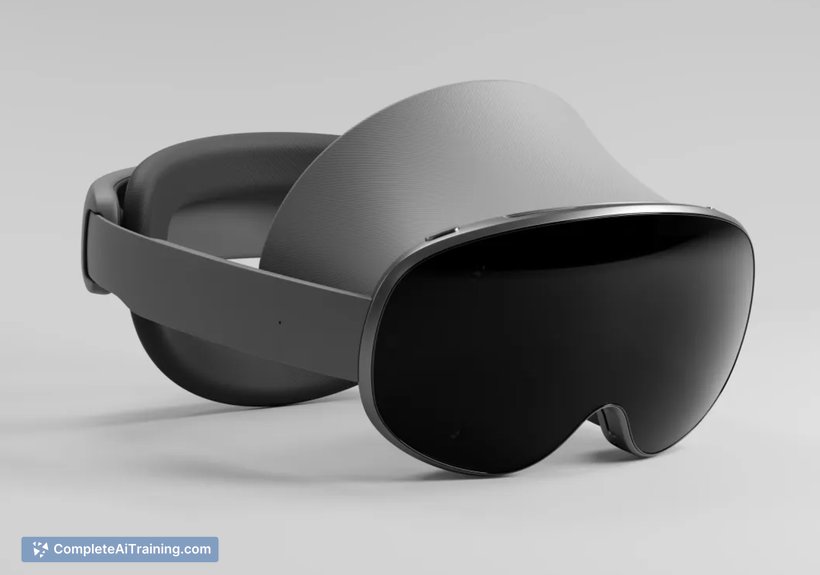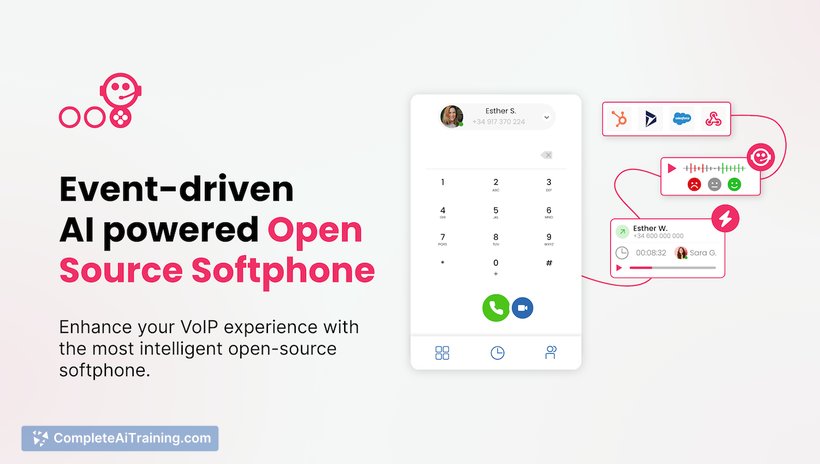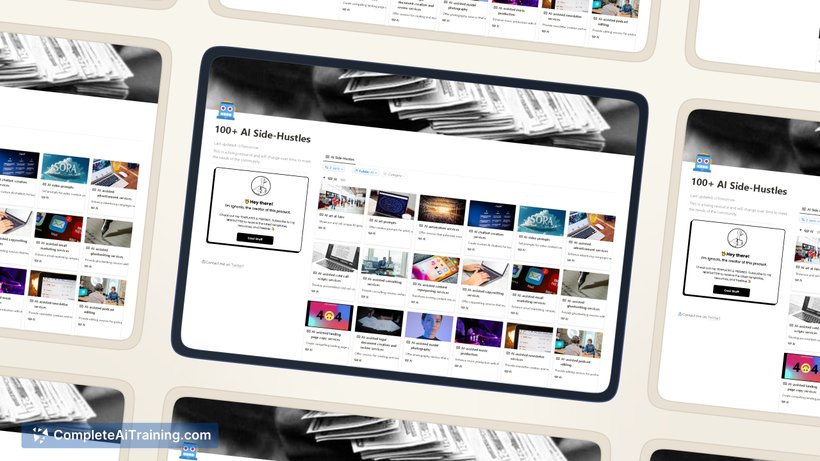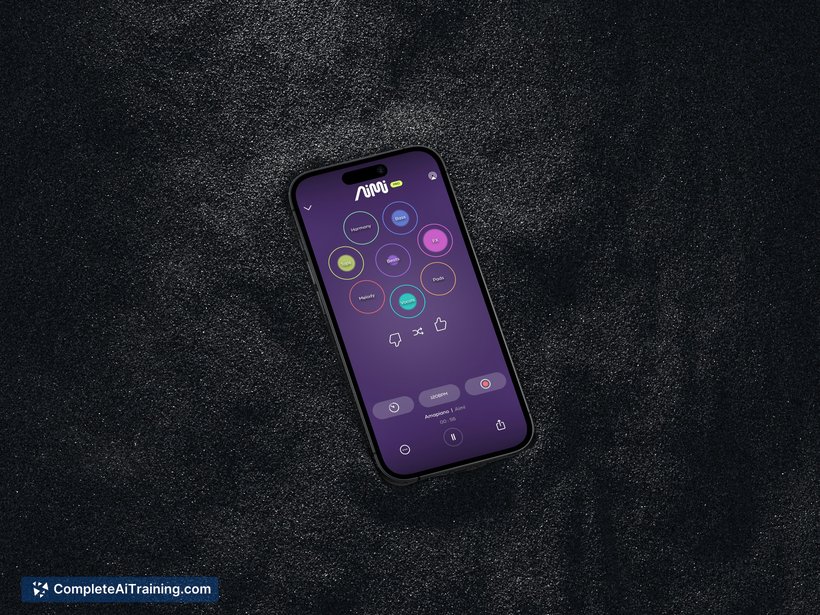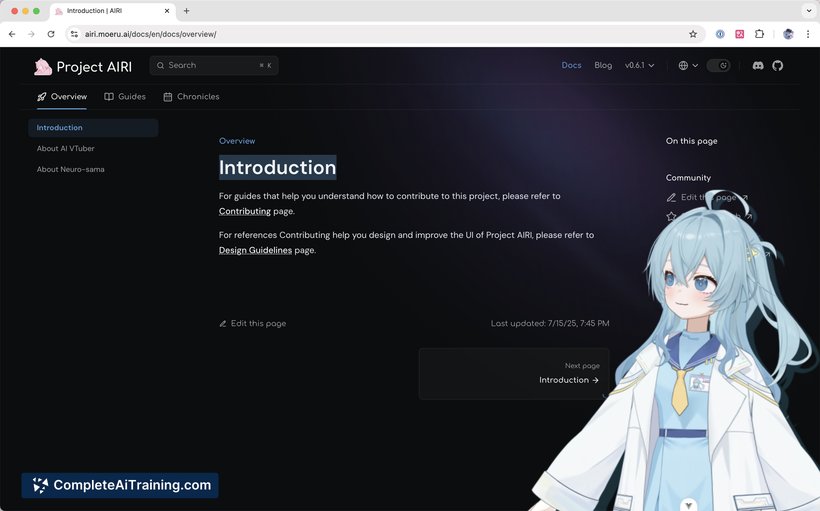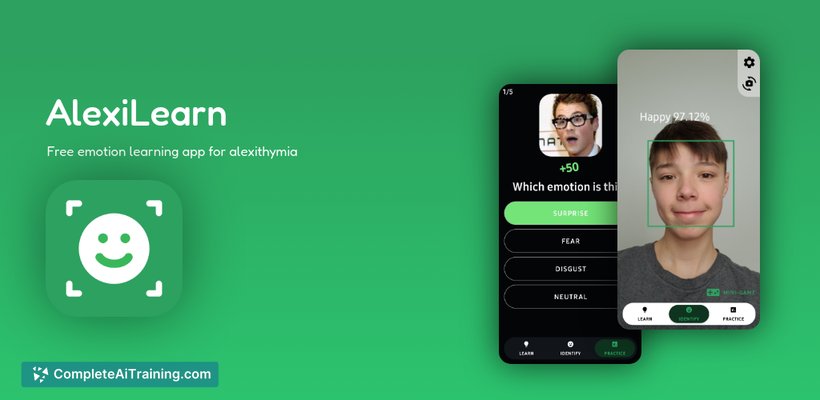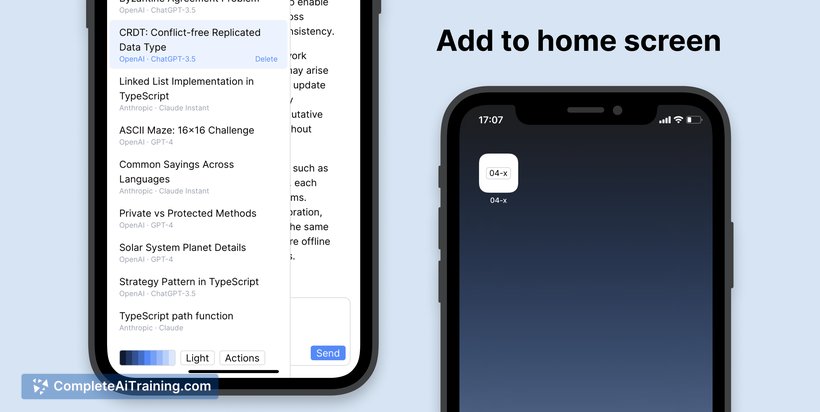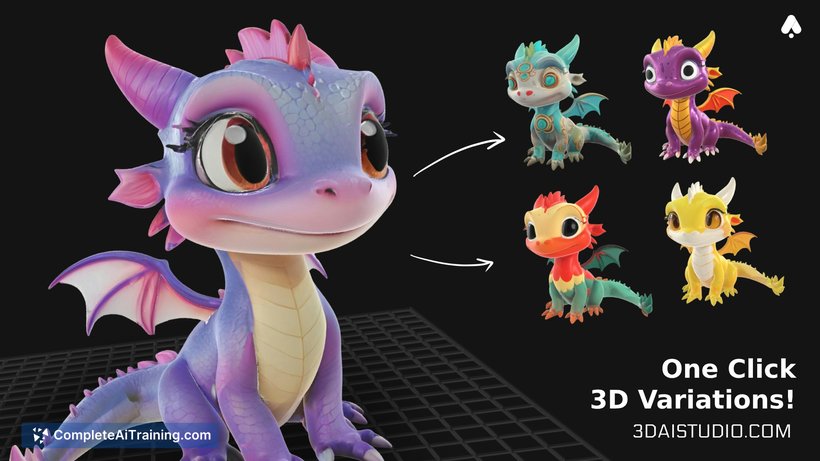About Android XR by Google
Android XR by Google is a platform created to support the next generation of extended reality (XR) devices, including headsets and smart glasses. It integrates artificial intelligence with augmented and virtual reality technologies to enable seamless interaction and multitasking in immersive environments.
Review
Android XR offers a new approach to extended reality by combining AI capabilities with AR and VR features, aiming to create more intuitive and integrated digital experiences. Developed in collaboration with notable hardware partners, it promises a versatile environment for both users and developers. The platform supports practical applications beyond entertainment, positioning itself as a tool for productivity and everyday use.
Key Features
- AI-assisted multitasking that allows users to manage multiple tasks within XR environments efficiently.
- Immersive versions of popular apps such as Maps and YouTube optimized for XR devices.
- Conversational AI assistant named Gemini to provide intuitive voice interaction and support.
- Compatibility with existing Android development tools like ARCore and Android Studio for app and game creation.
- Seamless integration with Android devices to create a consistent user experience across hardware.
Pricing and Value
Details about pricing for Android XR itself are not explicitly provided, as it is primarily a platform for developers and device manufacturers. The value proposition lies in its ability to facilitate the creation of innovative XR applications and offer users practical functionalities through upcoming hardware. This platform is expected to be part of paid hardware devices, with potential costs varying based on the specific XR headsets or glasses.
Pros
- Strong collaboration with established industry partners enhances hardware and software synergy.
- Supports a wide range of applications beyond gaming, including productivity and everyday use.
- Utilizes familiar Android development tools, easing the learning curve for developers.
- AI integration improves multitasking and user interaction within XR environments.
- Focus on seamless integration with existing Android ecosystems.
Cons
- As a new platform, it currently depends heavily on upcoming hardware availability.
- Limited information on pricing and accessibility for end users at this stage.
- Requires developers to adapt to XR-specific design considerations which may slow initial app development.
Android XR is well-suited for developers interested in exploring and building applications for extended reality devices, as well as early adopters looking for practical XR experiences beyond gaming. It may also appeal to professionals seeking to integrate immersive technology into their workflows as compatible hardware becomes available.
Open 'Android XR by Google' Website
Your membership also unlocks:

